Directory
- Share
Andrew Tanentzap
- Alumni
- Canada
- 2007 PhD Plant Sciences
- Gonville and Caius College

Andrew Tanentzap
- Alumni
- Canada
- 2007 PhD Plant Sciences
- Gonville and Caius College
I work on integrating vertebrate herbivory into models describing how forests function. Such models, which have typically overlooked the significant impacts of large mammalian herbivores on their environments, can be extended beyond their standard conservation applications to predicting how forests may sequester carbon to limit climate warming.
Moncef Tanfour
- Alumni
- Algeria
- 2002 PhD Engineering
- St John's College
Moncef Tanfour
- Alumni
- Algeria
- 2002 PhD Engineering
- St John's College
Previous Education
UNITECH International Society, Switzerland UNITECH International Fellowship 2002
Imperial College London MEng Chemical Engineering, First Class Honours 2002
Delft University of Technology, The Netherlands International MSc Programme, Chemical Technology 2001
Links
Evelyn Tang
- Alumni
- Malaysia
- 2007 MPhil Physics
- Sidney Sussex College
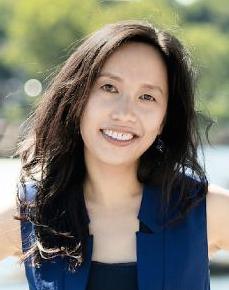
Evelyn Tang
- Alumni
- Malaysia
- 2007 MPhil Physics
- Sidney Sussex College
Evelyn Tang joined the faculty in the Dept. of Physics and Astronomy and the Center for Theoretical Biological Physics at Rice University, in 2021. Previously, she was a group leader at the Max Planck Institute for Dynamics and Self-Organization and before that, an Africk Postdoctoral Fellow at the University of Pennsylvania in the group of Dani Bassett. In 2015, she received her PhD in Physics from the Massachusetts Institute of Technology, where she worked with Xiao-Gang Wen on novel topological states in quantum electronic systems. She holds an MPhil from the University of Cambridge and a BS from Yale University. Tang is a recipient of an NSF CAREER award, a Scialog award, a Simons-Berkeley Research Fellowship, and a Gates Cambridge scholarship.
Previous Education
Yale University B.S. Physics 2007
Yilin Tang
- Scholar-elect
- China
- 2025 PhD Computer Science
- Churchill College
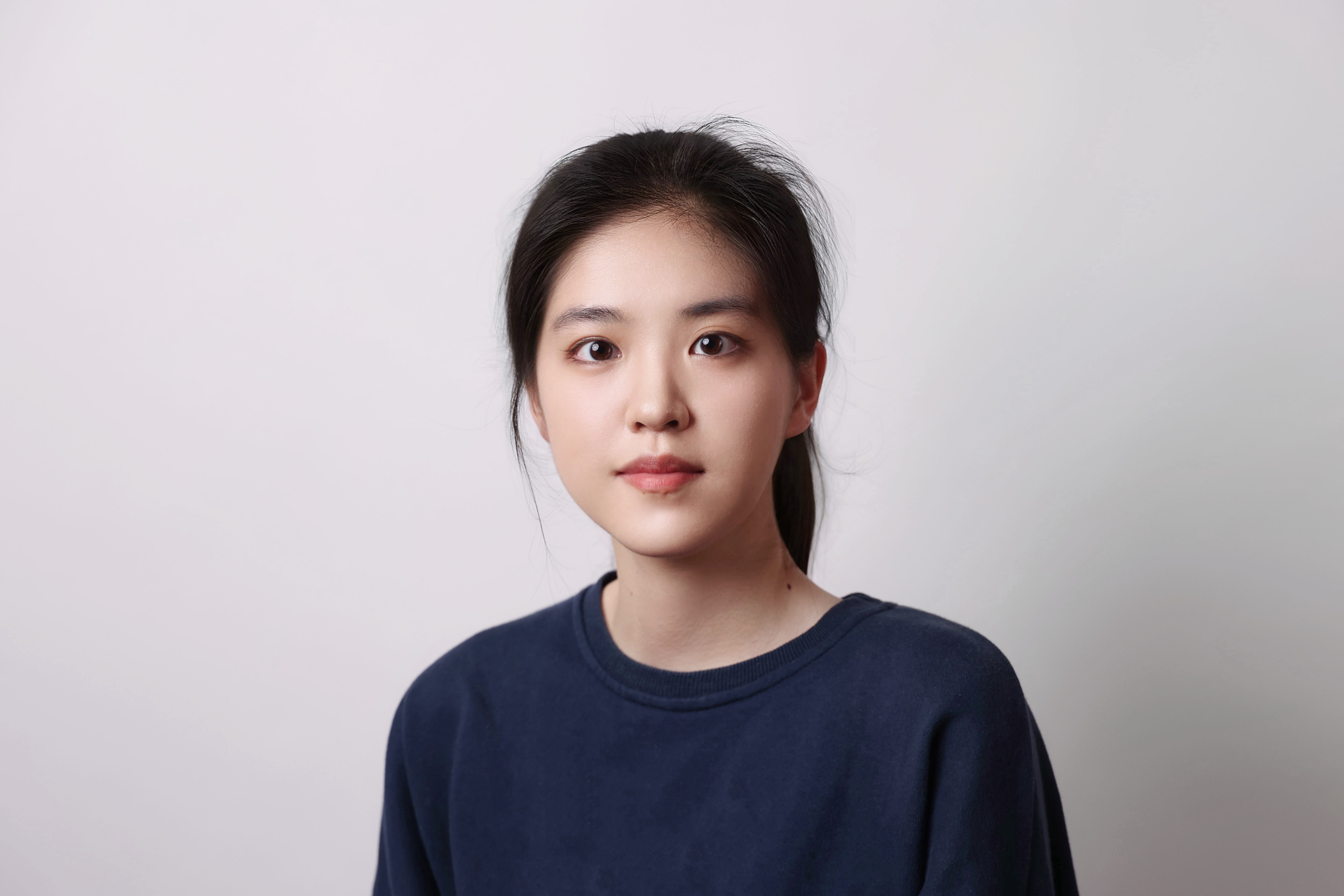
Yilin Tang
- Scholar-elect
- China
- 2025 PhD Computer Science
- Churchill College
I am always passionate about volunteer work. Having spent thousands of hours engaged with vulnerable groups, I witnessed their challenges and was deeply moved by how they faced the injustices of fate with such resilience. Thus, when I was doing my master's in Mechanical Engineering at Zhejiang University with a focus on human-centered computing, I decided to use my knowledge to conduct research that could harness the power of AI to improve the lives of people with disabilities. For example, I used large language models to provide personalized emotional training for children with autism and used large vision language models to offer contextual online social assistance for blind and low-vision people. By collaborating with international scholars, tech companies, and disability associations, I successfully transformed my research into practical AI-assisted systems that have benefited the disabled community in China. Of course, while using AI to assist people with disabilities, I have observed some ethical challenges posed by AI. Therefore, in my PhD studies, I plan to focus on constructing responsible AI systems for supporting disabled communities, to ensure that AI serves the disabled community in a responsible manner.
Previous Education
Beihang University Industrial Deisgn
Zhejiang University Mechanical Engineering
Aashka Tank
- Scholar
- India
- 2024 MPhil Innovation, Strategy and Organisation
- Robinson College
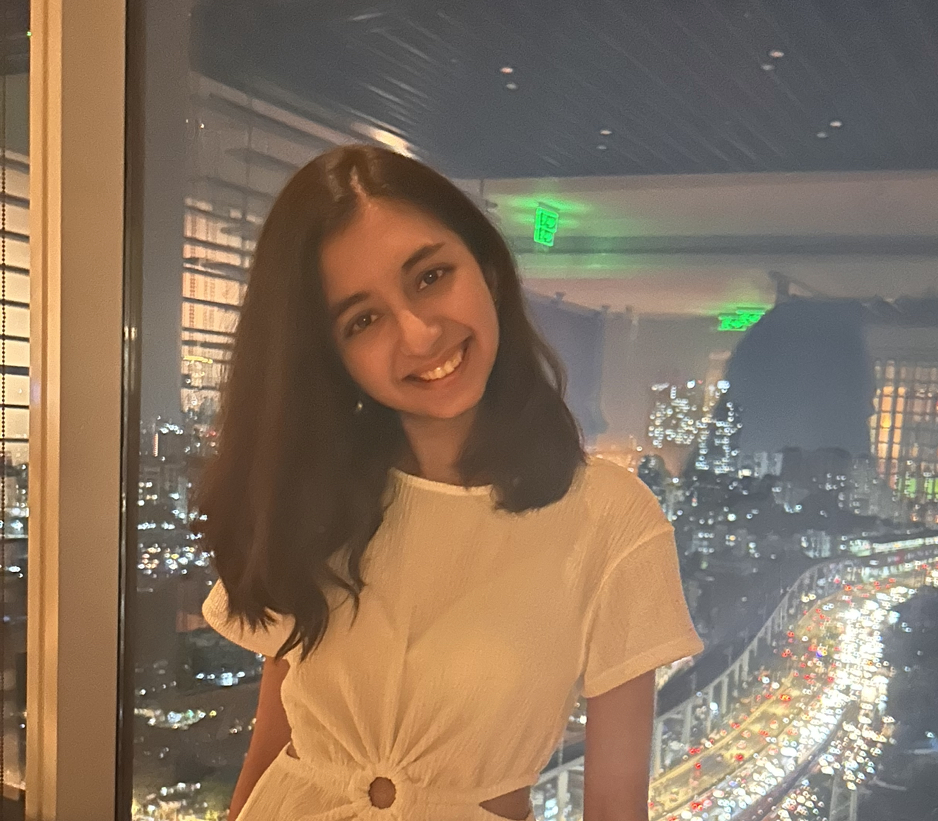
Aashka Tank
- Scholar
- India
- 2024 MPhil Innovation, Strategy and Organisation
- Robinson College
I've grown up in Mumbai, and have always been exposed to a very dynamic financial and economic ecosystem, accompanied by a smattering of identity politics and regionalism; a natural result of being in a thoroughly cosmopolitan city within a highly diverse and heterogeneous nation. This sparked my interest in political economy while the ethical challenges of development and political decision-making drew me towards philosophy. So, I chose to study PPE (Philosophy, Politics and Economics) at King's College London which seemed an ideal blend of my realms of interest. Being in such an entrepreneurial city and participating in research fellowships that naturally introduced me to organisational theory led me towards an MPhil in Innovation, Strategy and Organisation. I'm applying these three theoretical lenses to the publishing industry. The questions of how to align imprint strategies and innovate by acquiring groundbreaking manuscripts and experimenting with formats are all illuminated by management research and rigorous academic thought. Having centered my academic research on this, I look forward to heuristically applying the insights gleaned through it to the book business.
Previous Education
King's College London (University of London) PPE 2024
Mónica Tapia del Moral
- Scholar
- Spain
- 2023 PhD Applied Mathematics and Theoretical Physics
- St Edmund's College
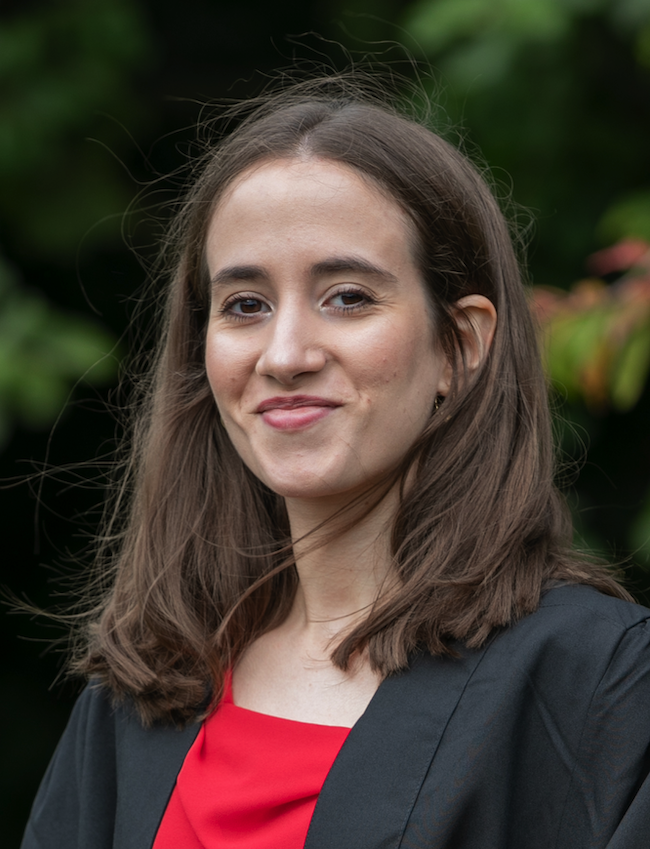
Mónica Tapia del Moral
- Scholar
- Spain
- 2023 PhD Applied Mathematics and Theoretical Physics
- St Edmund's College
While trying to decide what to study someone told me ‘Choose whatever allows you to help others more’. Throughout my studies in Mathematics and Physics in Granada, I discovered what a crucial role we have in improving our world and our understanding of it. I learnt to see them as two inseparable tools to explain nature and address some of the most fundamental questions about the Universe we live in. I am particularly keen to those arising in General Relativity, which deal with something as basic and yet as profound as the model for space and time. I am eager to learn as much as possible during my PhD to tackle some of the many fascinating open problems in the field. Along these years, I luckily came across wonderful teachers, who have made me the scientist I am today, thanks to whom I love what I study. They awoke in me the desire to one day have the same impact on future generations. Thus, I also hope to get training as an educator and science communicator, so that I can share my passion for what I do and encourage others to see the beauty and power of Mathematics and Physics. I feel immensely grateful for the chance to take the next step of my journey at Cambridge, and I am excited to join this passionate and inspiring community.
Previous Education
University of Cambridge Mathematics 2023
Universidad de Granada Physics 2022
Universidad de Granada Mathematics 2022
Nathalie Tarabay
- Scholar
- Lebanon
- 2024 PhD Chemical Engineering
- Darwin College

Nathalie Tarabay
- Scholar
- Lebanon
- 2024 PhD Chemical Engineering
- Darwin College
I grew up in Lebanon and completed my undergraduate education in Chemical Engineering at the Holy Spirit University of Kaslik. My previous research primarily focused on the resource security continuum, encompassing projects related to food, water, and energy security. While addressing these critical challenges, I became increasingly mindful of the health implications of our decisions in these areas. As we navigate these transformations, it is evident that numerous diseases continue to claim lives, persisting as severe, unresolved clinical conditions. Motivated by this awareness, I resolved to channel my background in Chemical Engineering towards contributing to the field of healthcare. This led me to pursue further studies by enrolling in the MPhil program in Advanced Chemical Engineering at Cambridge, generously supported by a scholarship from the Cambridge Trust and the Bseisu Foundation. Here, my research is currently dedicated to developing theranostic metal-organic frameworks aimed at facilitating certain forms of cancer treatment. As I pursue both my master's and Ph.D., my aim is to contribute significantly to this field with the goal of improving patient outcomes and alleviating the global burden of disease.
Previous Education
University of Cambridge Advanced Chemical Engineering 2024
Holy Spirit University Kaslik Chemical Engineering 2023
Claudia Tardelli
- Alumni
- Italy
- 2010 PhD Italian
- Downing College
Claudia Tardelli
- Alumni
- Italy
- 2010 PhD Italian
- Downing College
I am a medievalist particularly interested in the reception of antiquity and the commentary practice in the Middle Ages, with a special focus on the traditions of Dante Commentary. I am currently revising my new critical edition of Francesco da Buti’s commentary (1385-96) on Dante’s Commedia for publication (Rome: Salerno Editrice). With Ambrogio Camozzi, I have recently concluded a monograph (Brepols, 2018) on the oldest ‘Florentine’ version of the life of Alexander the Great (c. 1350), witnessed by a lavishly illuminated manuscript now at the Jagiellonian Library, Kraków. I have also started to work on my next book-length project, ‘Dante and Late Medieval Pisa’, whose aim is to explore the vibrant and influential reception of Dante’s Commedia in fourteenth- and fifteenth-century Pisa, especially in relation to the city’s longstanding political and cultural rivalry with Florence. In the field of Neo-Latin Studies, I am currently preparing the critical edition of XV Century anonymous Breve Compendium et utile super tota Dantis Allegherii Comedia.
Previous Education
University of Pisa MA Italian 2005
Anna Taródi
- Scholar
- Hungary
- 2023 PhD Physics
- St John's College
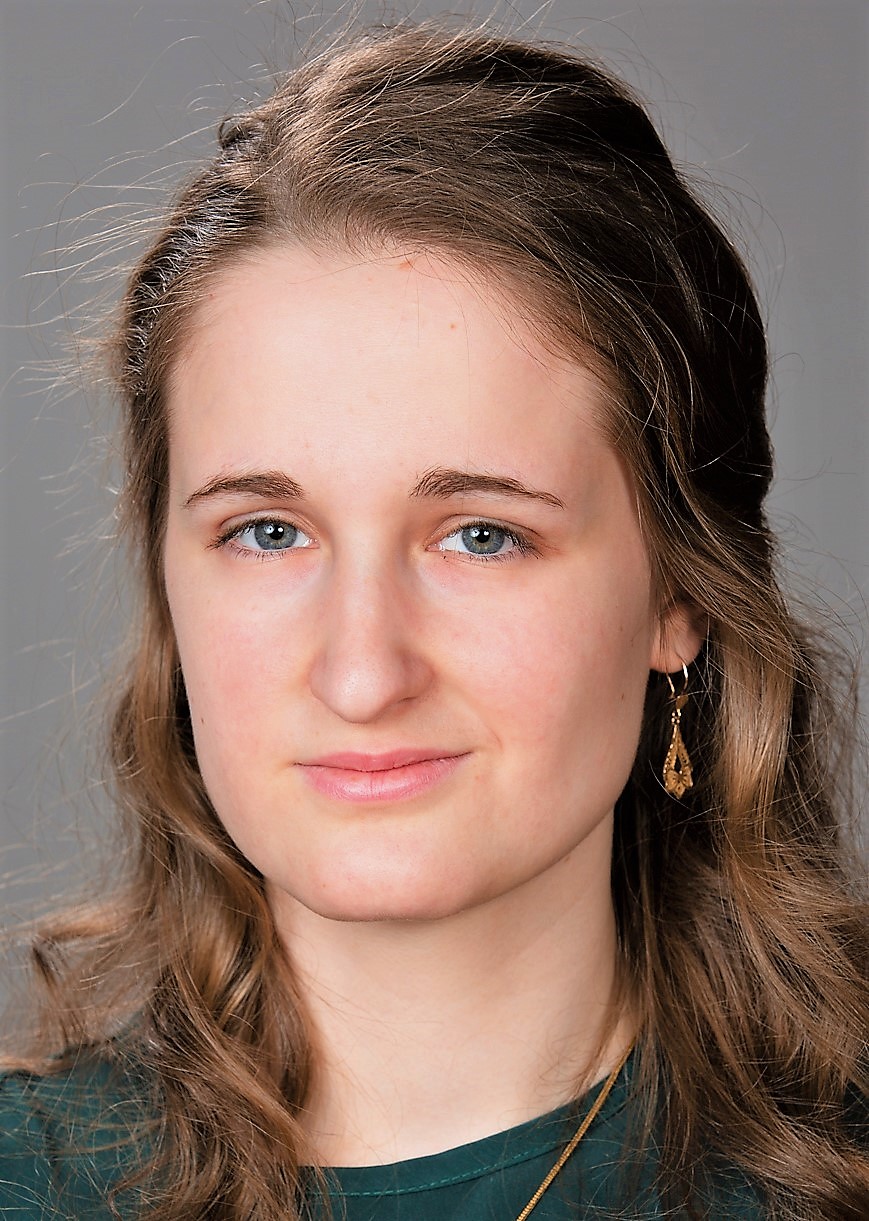
Anna Taródi
- Scholar
- Hungary
- 2023 PhD Physics
- St John's College
Previous Education
University of Cambridge Physics 2023
King's College London (University of London) Physics with Theoretical Phys. 2022
Mathew Tasker
- Alumni
- Australia
- 2010 MPhil Environment, Society & Development
- Wolfson College
Mathew Tasker
- Alumni
- Australia
- 2010 MPhil Environment, Society & Development
- Wolfson College
I will be undertaking an MPhil in Environment, Society & Development in order to build upon the experience I have of working in the field of development in Ecuador, Papua New Guinea, and the UK. My focus will be on sustainable development and the complex dynamics that result from the interaction between people and their environment.
Cameron Taylor
- Alumni
- United States
- 2009 MPhil Linguistics
2010 PhD Italian - St John's College
Cameron Taylor
- Alumni
- United States
- 2009 MPhil Linguistics
2010 PhD Italian - St John's College
The evolutionary introduction of language in the human species has given us a unique ability to cooperate in large and highly adaptable social groups. Our capacity for language allows us to live according to imagined cultural orders, such as the legal and economic frameworks that govern civic life. These frameworks exist in our shared imagination and are sustained through communication networks, linking the subjective consciousness of many individuals. These shared beliefs shape our societies and our world, and form the basis of study of most of the humanities. History has shown us the great consequences and opportunities of our shared beliefs, which determine our cultural values and prejudices. By observing and understanding language structure, we learn more about ourselves and the world which we create. We also learn about the mechanisms which will be required to create the kind of world we would like to live in.
Links
Henry Taylor
- Scholar
- United States
- 2021 PhD Public Health and Primary Care
- Trinity College
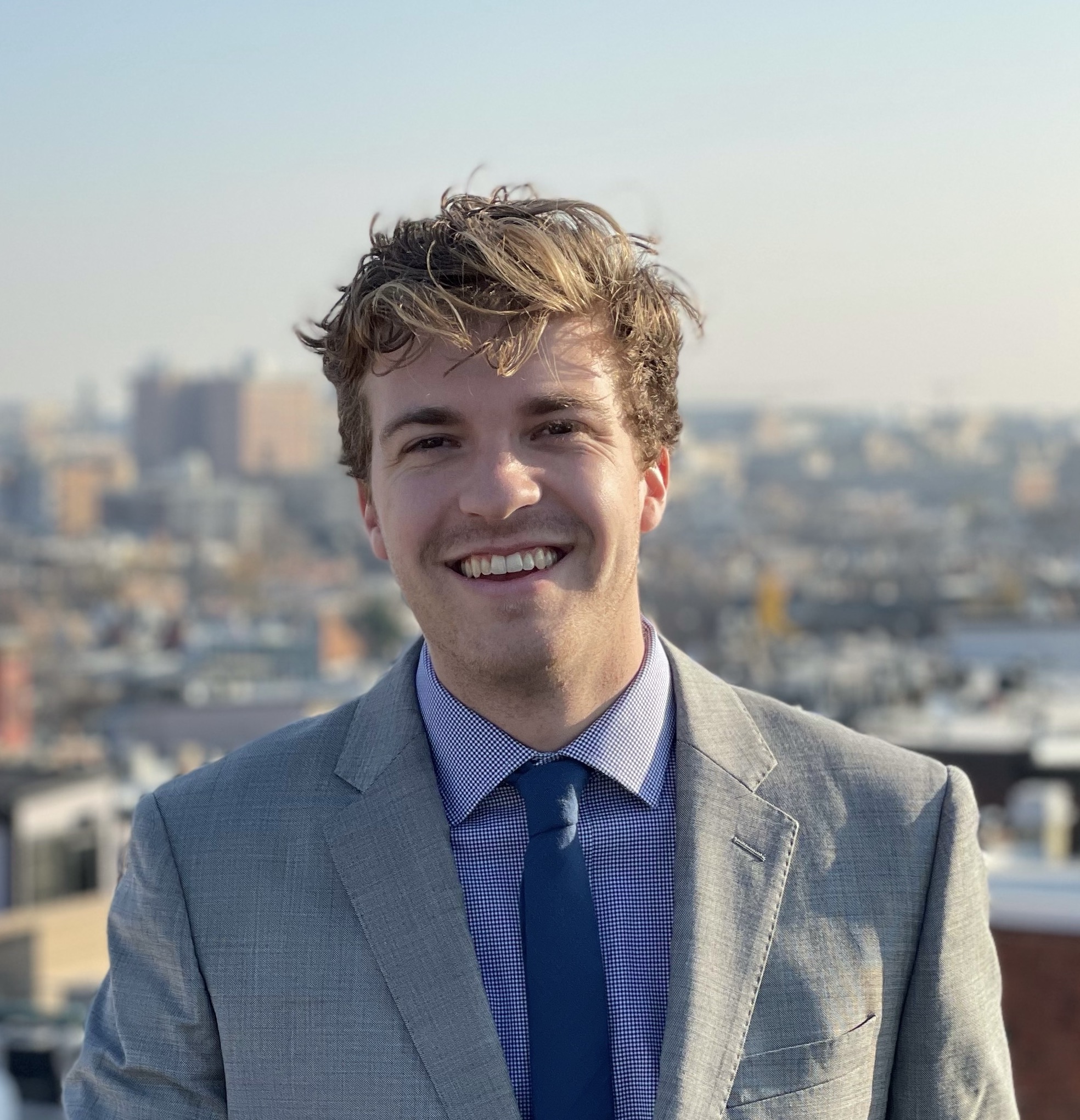
Henry Taylor
- Scholar
- United States
- 2021 PhD Public Health and Primary Care
- Trinity College
As an undergraduate at Duke University, I developed a keen interest in utilizing computational models to investigate the underlying mechanisms of human disease. I resolved to concentrate my career on connecting biology, mathematics, and computer science, with a focus on applications to human health. Shortly after graduating from Duke with a BSc in Computational Biology, I joined the laboratory of Dr. Francis Collins at the United States National Institutes of Health (NIH), where I studied the molecular underpinnings of diabetes using genetic and genomic techniques. While at the NIH, I became acutely aware of the health inequities that persist worldwide, and I pursued training to prepare myself for a career focused on addressing systemic health inequities. During my doctoral training at Cambridge, I plan to combine my interests in human disease and health inequities to study the genetic basis of type 2 diabetes (T2D) across diverse ancestries. It is my hope that my doctoral research will enhance the treatment and prevention of T2D for all people. I am immensely grateful and humbled to join the Gates Cambridge community, and I look forward to learning from the other scholars across diverse disciplines.
Previous Education
Duke University Computational Biology 2018
Sydnae Taylor
- Alumni
- Jamaica
- 2023 MPhil Health, Medicine and Society
- Darwin College
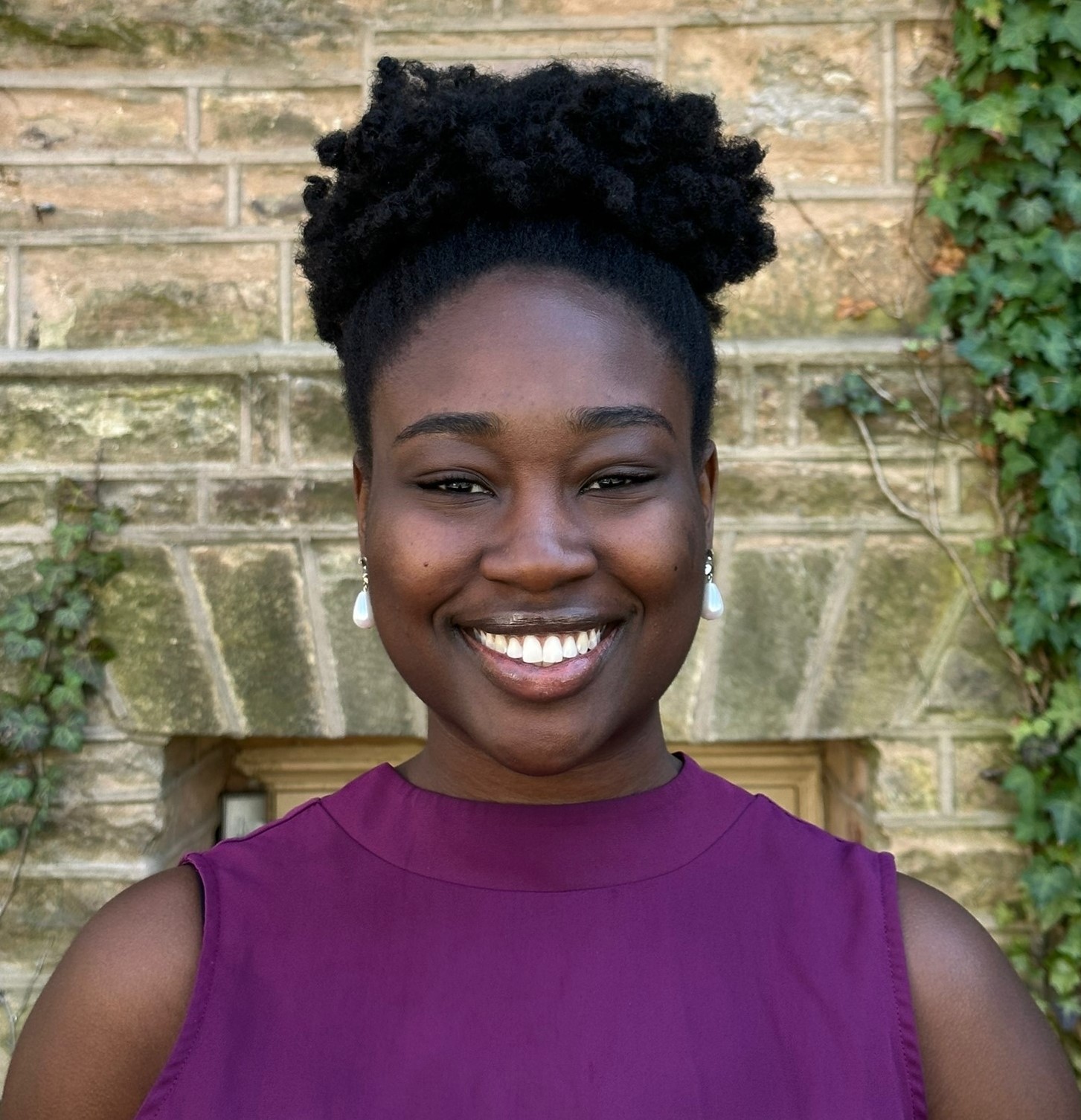
Sydnae Taylor
- Alumni
- Jamaica
- 2023 MPhil Health, Medicine and Society
- Darwin College
I was born and raised in Kingston, Jamaica where I navigated two cultures of care. This foundational experience, coupled with the knowledge and understanding gained from research and personal healthcare challenges, has shaped my passion for cultivating high-quality healthcare in the Caribbean. As an undergraduate studying Anthropology and Global Health at Princeton University, I developed an appetite for understanding the health narratives of people and contexts of diseases. During my MPhil in Health, Medicine and Society, I plan to conduct research on maternal health, violence and humanized birthing practices in low resource contexts. I will explore the effects of obstetric violence on maternal and child health and prioritize quality of care for women during pregnancy, childbirth and postpartum. I believe that it is essential to center the voices of women in an effort to reimagine birthing possibilities and will take a multidisciplinary approach to my work. I am honored to be joining the Gates Cambridge community and look forward to approaching global health as a collective effort.
Previous Education
Princeton University Medical Anthropology 2023
Kerrie Taylor-Jones
- Alumni
- Australia
- 2010 PhD Earth Sciences
- Trinity College
Kerrie Taylor-Jones
- Alumni
- Australia
- 2010 PhD Earth Sciences
- Trinity College
A love of the outdoors, especially mountainous regions, combined with an intense curiosity about how such landscapes and their constituent rocks form, made geology an obvious career choice. During my time at Cambridge I will work on reconstructing, via mineral assemblage modeling, the metamorphic history of a continental crust terrain in the western Alps, as it was subducted into the mantle and subsequently returned to the Earth's surface. Aspiring to an academic career, I hope that through research, I am able to advance our knowledge of large-scale Earth processes - still so poorly understood.
Benjamin Teasdale
- Alumni
- United States
- 2017 MPhil Health, Medicine and Society
- Darwin College
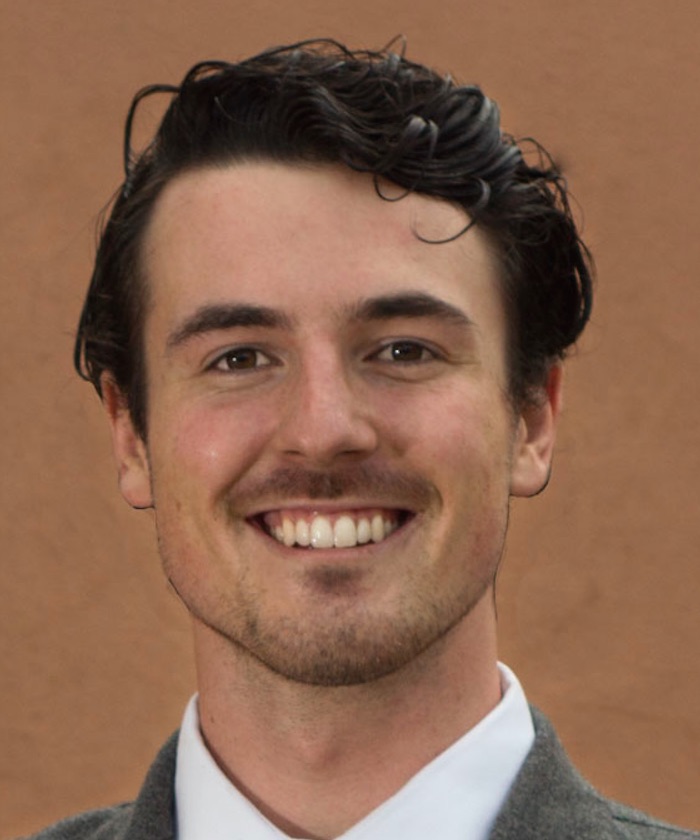
Benjamin Teasdale
- Alumni
- United States
- 2017 MPhil Health, Medicine and Society
- Darwin College
As an undergraduate, I majored in Biochemistry and wrote my thesis in the Department of Pathology at the University of Vermont. There, the interdisciplinary curriculum of the Honors College helped to channel my interests in medicine that lay outside of the biomedical sciences. In becoming involved with health access initiatives, I gained an appreciation for how social science disciplines can inform healthcare policy and practice. History, anthropology, philosophy and sociology all have an amazing intellectual power to describe and contextualize issues in health and medicine, but there is often a decades-long lapse between what is written about and what is practiced. In order to address the social injustices and inequalities that persist in our current healthcare system, I believe the everyday practice of medicine must be directly informed by rigorous engagement with social science research. During my MPhil in Health, Medicine and Society, I hope to both develop a professional competency with the conversations in this field and work to translate this expertise into my future medical practice. And, through continuous advocacy, I seek to integrate these developments into healthcare systems.
Previous Education
University of Vermont
Natasha Telyatnikova
- Alumni
- Russian Federation
- 2001 PhD Immunology
- St Catharine's College

Natasha Telyatnikova
- Alumni
- Russian Federation
- 2001 PhD Immunology
- St Catharine's College
Mayra Tenorio Lopez
- Alumni
- Mexico
- 2017 MPhil Multi-Disciplinary Gender Studies
- Newnham College
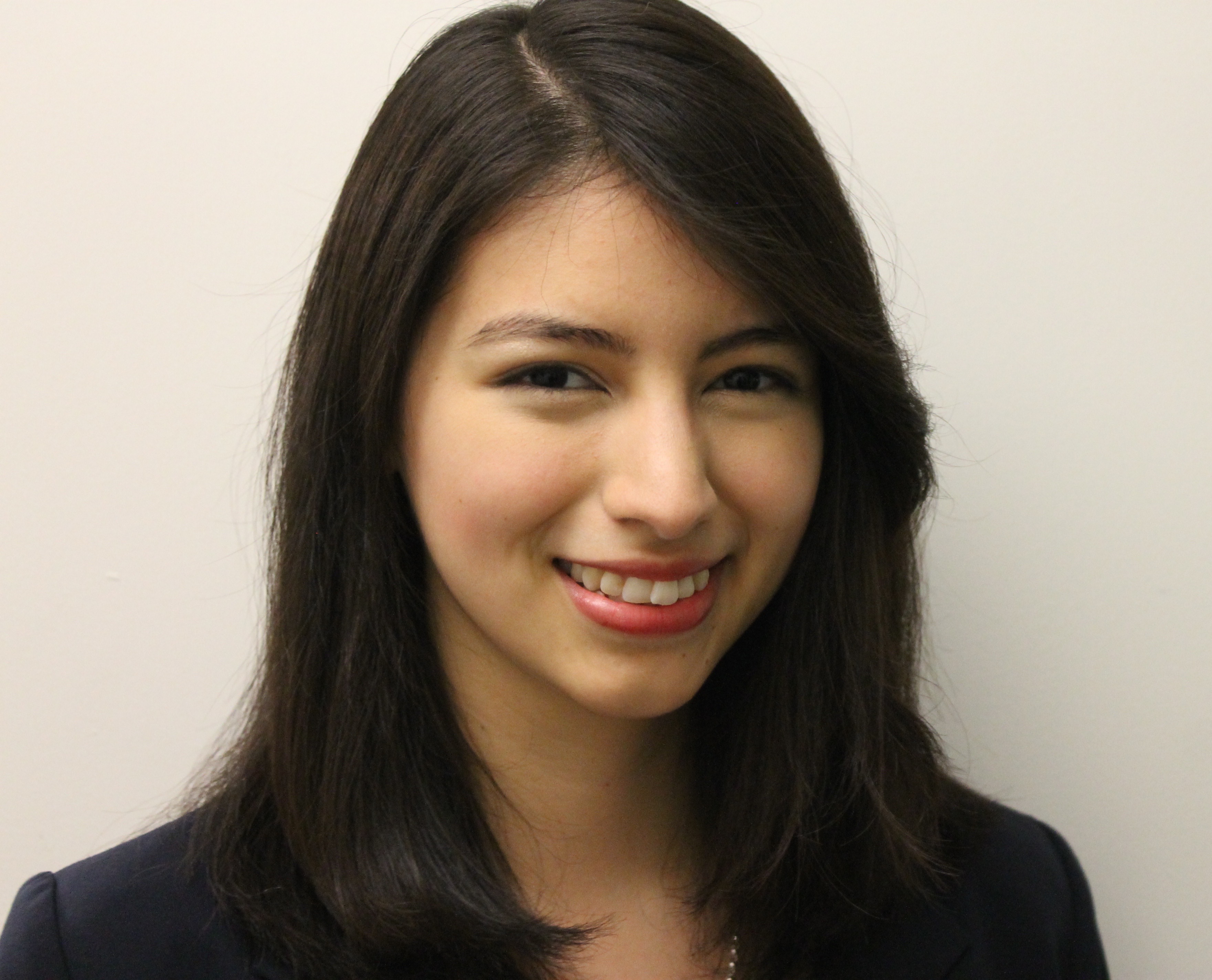
Mayra Tenorio Lopez
- Alumni
- Mexico
- 2017 MPhil Multi-Disciplinary Gender Studies
- Newnham College
Women in Mexico and across the border in the U.S raised me. From a very young age I saw how gender inequality both limited their lives and increased their susceptibility to violence. Thus, the eradication of gender stratification is the focus of my research and the driving force behind my activism with women and girls. At Swarthmore College I studied Sociology & Anthropology and completed two research projects trying to understand the inconspicuous ways in which gender inequality persists and adapts. After graduation, I listened to and documented women’s stories of survival and collaborated with female-led grassroots movements in nine countries as a Thomas J. Watson Fellow. Women’s stories of resilience and hope affirmed my commitment to produce knowledge that centers the experiences of women of color, and to support efforts that intervene in the normalization of violence against women. My research at Cambridge will explore the creation of corporeal responses to violence and collective resistance with other women from the perspective of indigenous women in Guatemala. As an aspiring feminist scholar in the social sciences, my studies will prepare me to engage rigorously with the challenges posed by gender inequality, and further, expand my analysis and vision so that my work may expose and create alternative worlds and possibilities for everyone, especially women.
Previous Education
Swarthmore College
Michelle Teplensky
- Alumni
- United States
- 2014 PhD Chemical Engineering
- Downing College
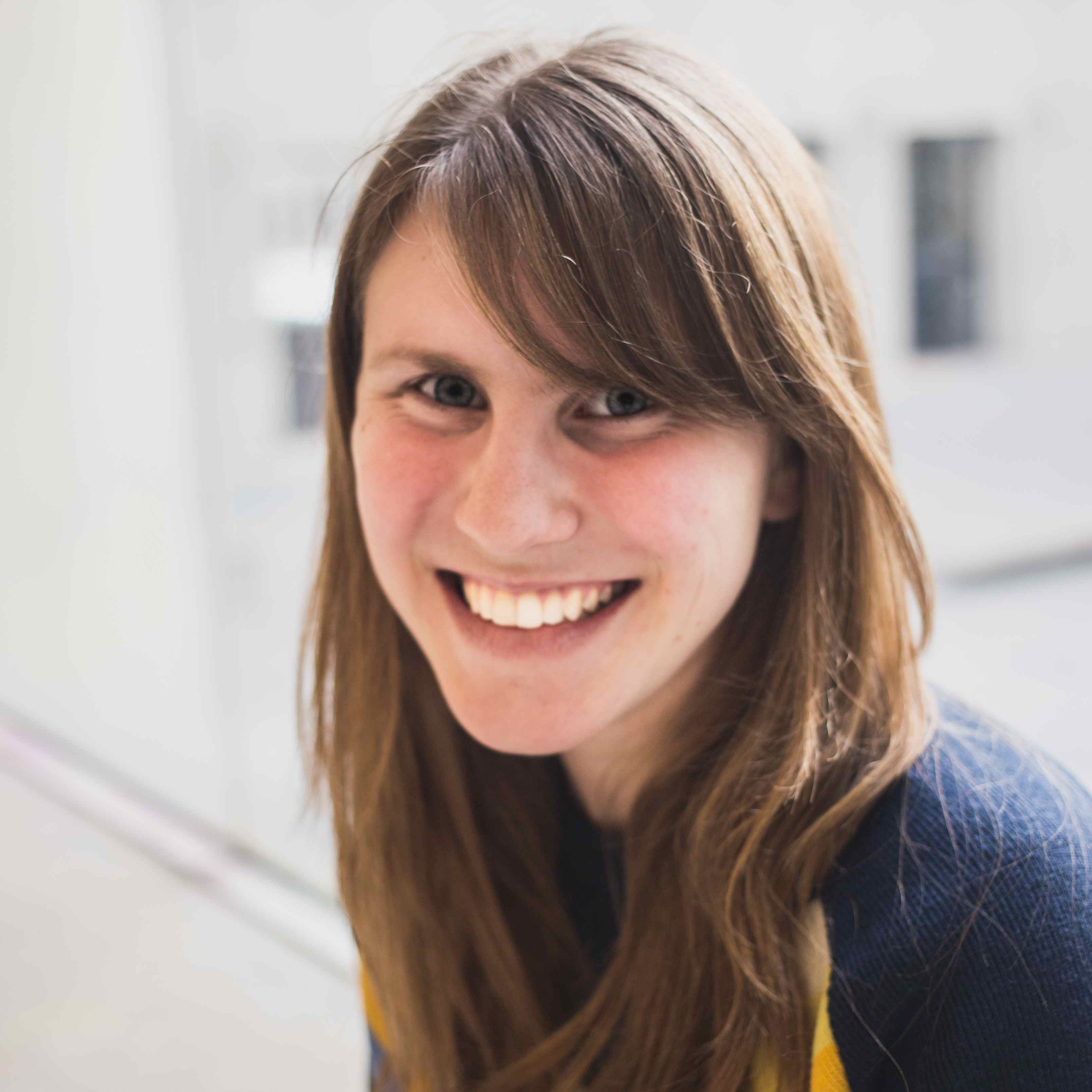
Michelle Teplensky
- Alumni
- United States
- 2014 PhD Chemical Engineering
- Downing College
My passion for chemical engineering has led me to the interdisciplinary field of drug delivery and nano-based medicines. While completing a B.S. in Chemical-Biological Engineering at MIT, I had the incredible opportunity to research a variety of chemical engineering applications, including enzyme engineering, biomaterials, and nanotherapeutics. These experiences, and my internships in industry, have given me a holistic view of the field and sparked my curiosity to address it further. At Cambridge, for my PhD Chemical Engineering, I pursued a project that combined novel technologies in engineering, biotech, materials science, and biopharmaceuticals, to address the existent global problem of treating debilitating diseases with a more effective drug delivery using Metal-Organic Frameworks (MOFs). The relationships, knowledge, and technical skillset I gained at Cambridge, through the opportunity from the Gates Cambridge Scholarship, have been influential in building my career as a nanomedical researcher and driver of the commercialisation of new therapies.
I worked as a postdoctoral fellow at Northwestern University, synthesizing 3D nanoscale architectures called spherical nucleic acids (SNAs) to provide kinetic control and delivery of vaccine components (stimulant and target molecules) as a potent immunotherapy. I applied this system to various diseases (including cancer and infectious disease) to analyze efficacy in helping develop immunity.
Now, as a professor at Boston University, I lead a research group working to use nanomaterials design to improve the efficacy of immunotherapies through programmed immune activity.
Previous Education
Massachusetts Institute of Technology B.S. Chemical-Biological Engineering 2014








